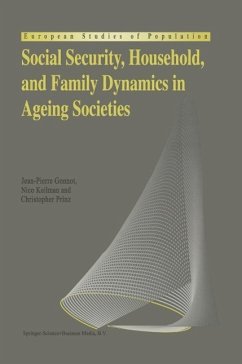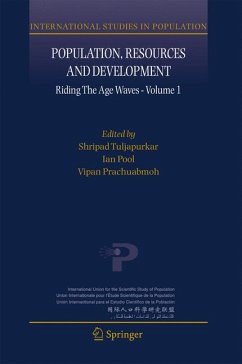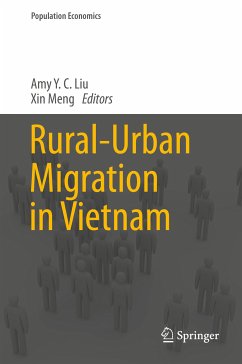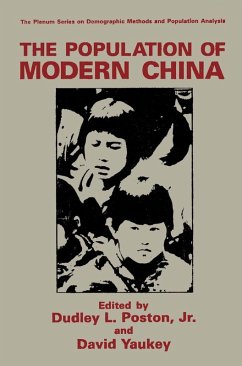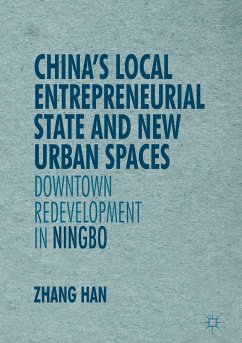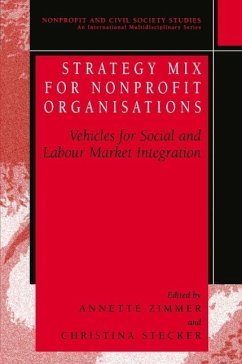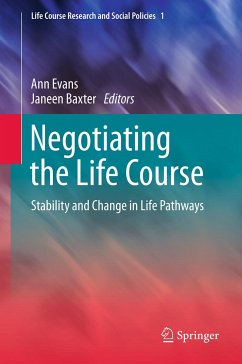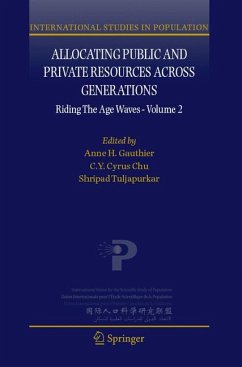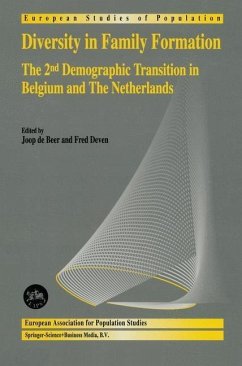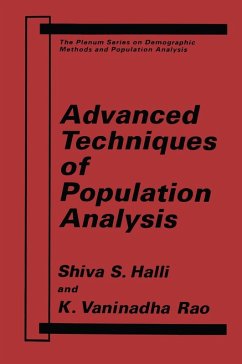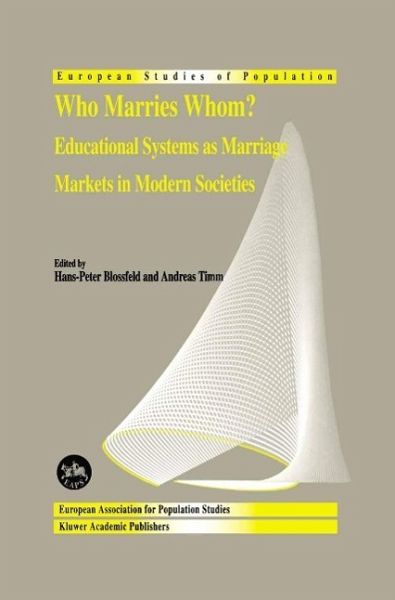
Who Marries Whom? (eBook, PDF)
Educational Systems as Marriage Markets in Modern Societies
Redaktion: Blossfeld, Hans-Peter; Timm, A.
Versandkostenfrei!
Sofort per Download lieferbar
112,95 €
inkl. MwSt.
Weitere Ausgaben:

PAYBACK Punkte
56 °P sammeln!
Marriage and social inequality are closely interrelated. Marriage is dependent on the structure of marriage markets, and marriage patterns have consequences for social inequality. This book demonstrates that in most modern societies the educa tional system has become an increasingly important marriage market, particularly for those who are highly qualified. Educational expansion in general and the rising educational participation of women in particular unintentionally have increased the rate of "assortative meeting" and assortative mating across birth cohorts. Rising educational homogamy means...
Marriage and social inequality are closely interrelated. Marriage is dependent on the structure of marriage markets, and marriage patterns have consequences for social inequality. This book demonstrates that in most modern societies the educa tional system has become an increasingly important marriage market, particularly for those who are highly qualified. Educational expansion in general and the rising educational participation of women in particular unintentionally have increased the rate of "assortative meeting" and assortative mating across birth cohorts. Rising educational homogamy means that social inequality is further enhanced through marriage because better (and worse) educated single men and women pool their economic and sociocultural advantages (and disadvantages) within couples. In this book we study the changing role of the educational system as a marriage market in modern societies from a cross-national comparative perspective. Using life-history data from a broad range of industrialized countries and longitudinal statistical models, we analyze the process of spouse selection in the life courses of single men and women, step by step. The countries included in this book vary widely in important characteristics such as demographic behavior and institutional characteristics. The life course approach explicitly recognizes the dynamic nature of partner decisions, the importance of educational roles and institutional circum stances as young men and women move through their life paths, and the cumulation of advantages and disadvantages experienced by individuals.
Dieser Download kann aus rechtlichen Gründen nur mit Rechnungsadresse in A, B, BG, CY, CZ, D, DK, EW, E, FIN, F, GR, HR, H, IRL, I, LT, L, LR, M, NL, PL, P, R, S, SLO, SK ausgeliefert werden.



